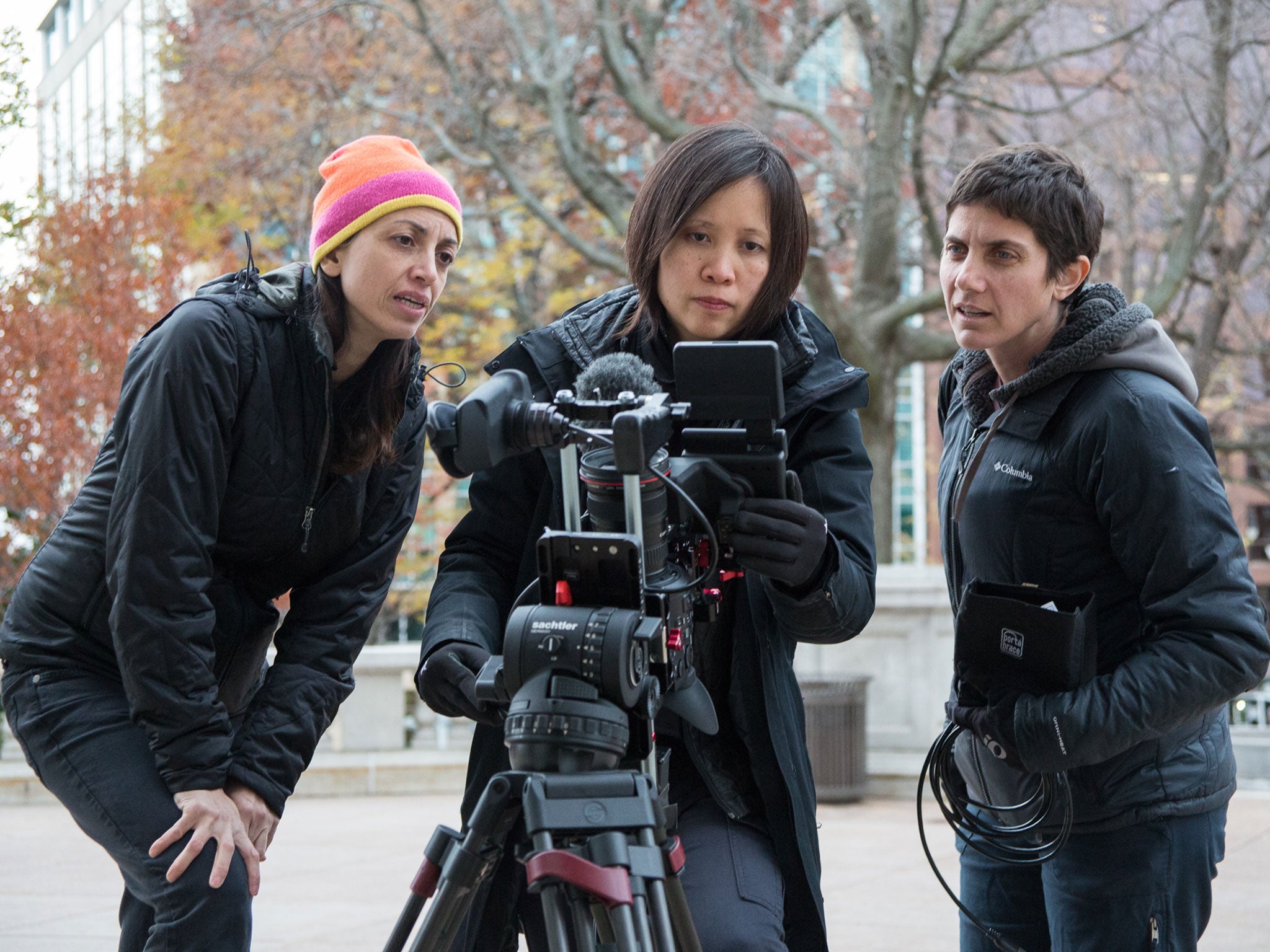Making a Murderer: Steven Avery's prosecutors tried to block the Netflix documentary from being made
'Getting the subpoena felt like hostility coming toward us'

When Laura Ricciardi and Moira Demos first started working on Making a Murderer, Netflix wasn’t a thing and any legal trouble could have ruined them.
It has since emerged that the people investigating the Teresa Halbach case - the trial at the centre of the 10-part series - attempted to shut down the filmmakers by serving them a subpoena, urging them to present evidence against Steven Avery in court.
"We were two independent filmmakers," co-director Demos told Indiewire. "We wouldn't have had the money, and certainly it would have taken a ton of time to duplicate our footage, close to 300 hours of footage at that time, just to produce all of that for the state would have shut us down.”
At the time, the duo had just left university and were trying to make their first film. If it wasn’t for Riccardi having studied Law before film at Columbia, they may never have finished the project.
Timeline: Steven Avery's convictions
Show all 5"Ken Kratz was alleging in [the subpoena that we were] acting as an investigative arm of the defence," Riccardi explained. "So we brought the motion to quash the subpoena, refuting Mr. Kratz’s accusations as baseless."
According to the report, Kratz claimed the filmmakers might have evidence that related back to the Halbach case, yet they hold they were “not trying to investigate the Halbach case in any way” and tried to avoid any discussion about it.
"The case was pending,” Riccardi added. “The stakes were very high and we did not want to put anyone in jeopardy. So that wasn't our role.”
Kratz also stated in the subpoena that he wanted every recorded conversation they had with Avery, not realising that - as every phone call out of prison is recorded by the state - he already had access to their material.
“So our argument in the motion to quash was [that] the state does not need these materials from us because the state already has these materials. When considering that, it's interesting because then you think, 'Okay, what's really the real reason behind the subpoena?’
Riccardi added: “Getting the subpoena felt like hostility coming toward us.”
In the latest news to do with the case, a petition to pardon Steven Avery has reached over 380,000 signatures. You can read about what’s next for Steven Avery here.
Subscribe to Independent Premium to bookmark this article
Want to bookmark your favourite articles and stories to read or reference later? Start your Independent Premium subscription today.

Join our commenting forum
Join thought-provoking conversations, follow other Independent readers and see their replies